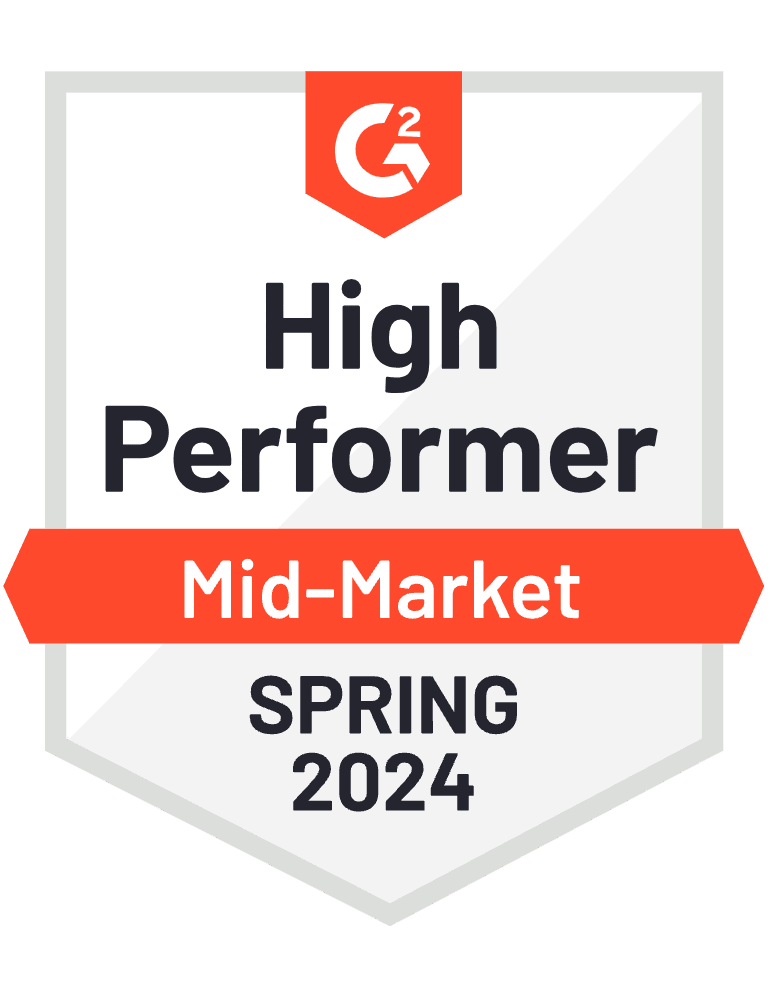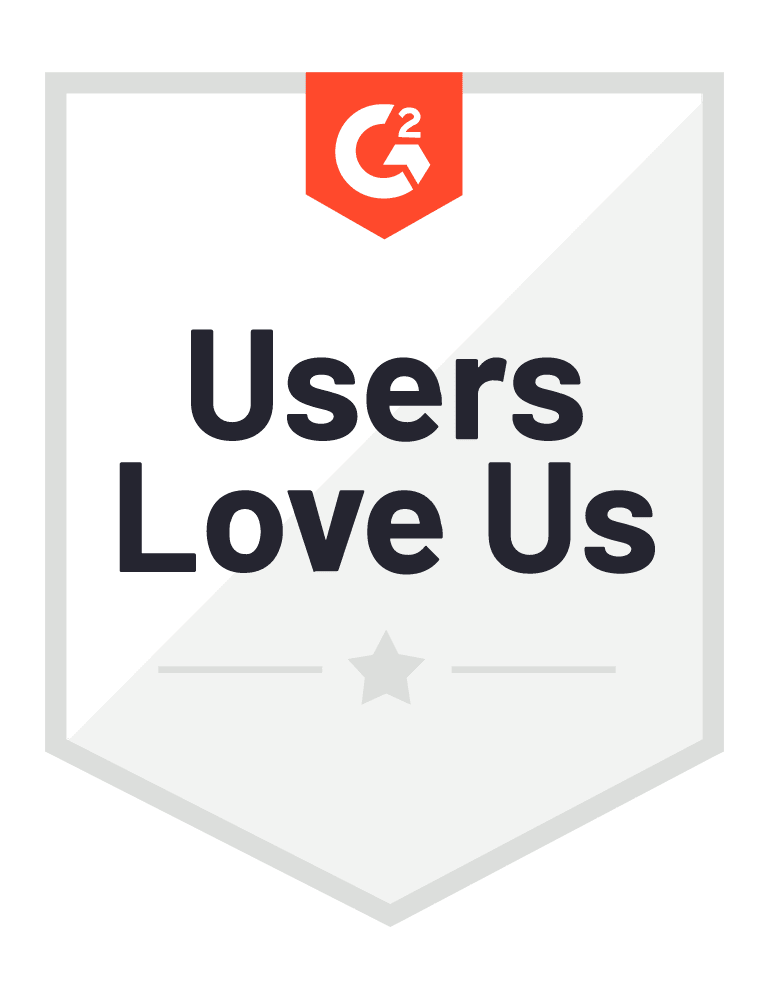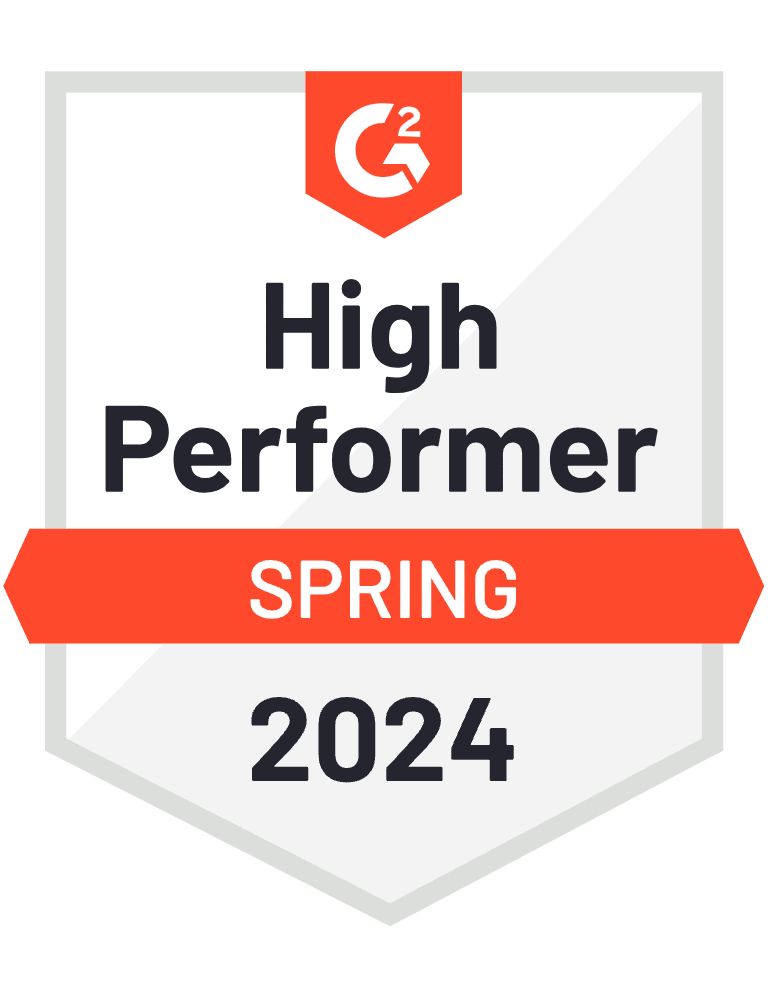
How Performance Management Software Can Boost Employee Engagement
Employee engagement is a critical factor in achieving organizational success. Engaged employees are more productive, more satisfied with their work, and less likely to leave their jobs. Performance management software plays a crucial role in fostering this engagement by providing tools and systems that streamline performance evaluation, goal setting, and feedback processes.
In this blog, we’ll explore the various ways performance management software can enhance employee engagement through several key perspectives.
Role of Performance Management Software for HR
Performance management software is a powerful tool for HR departments, transforming how they manage and support their workforce. It provides a centralized platform where HR professionals can track employee performance, set goals, and monitor progress in real-time. This technology automates many administrative tasks, freeing HR professionals to focus on strategic activities that drive engagement.
Streamlining Processes: Automating performance reviews and feedback processes ensure consistency and fairness, reducing biases that can disengage employees.
Data-Driven Insights: HR can use data analytics to identify trends and patterns in employee performance, helping to tailor engagement strategies effectively.
Enhanced Communication: Performance management systems facilitate regular communication between employees and managers, fostering a culture of continuous feedback and improvement.
Using Employee Performance Management Software to Increase Engagement
One of the most powerful strategies for boosting engagement is the use of employee performance management software. This technology enhances employee engagement by simplifying performance reviews, enabling ongoing feedback, and ensuring alignment with organizational goals.
Let’s delve into how employee performance management software can be used to increase engagement in the workplace.
Real-Time Feedback
Traditional performance reviews, often conducted annually or semi-annually, can leave employees feeling disconnected and unaware of how their efforts align with organizational goals. Performance management software addresses this issue by enabling real-time feedback. Here’s how it works:
- Continuous Feedback Cycles: The software allows managers to provide immediate feedback, helping employees understand their strengths and areas for improvement without waiting for a formal review.
- Timely Recognition: Recognizing employees’ achievements in real-time can boost morale and motivation. Employees feel valued when their contributions are acknowledged promptly.
- Actionable Insights: With ongoing feedback, employees receive actionable insights that they can implement right away, leading to continuous improvement and higher engagement.
Goal Alignment and Clarity
Clear and measurable goals are essential for keeping employees engaged. Performance management software facilitates goal setting and alignment, ensuring that employees understand how their work contributes to the organization’s success.
1. SMART Goals: The software helps in setting Specific, Measurable, Achievable, Relevant, and Time-bound (SMART) goals. Clear goals provide direction and a sense of purpose, enhancing engagement.
2. Progress Tracking: Employees can track their progress toward goals, providing a sense of accomplishment and motivation to stay engaged.
3. Alignment with Organizational Objectives: By aligning individual goals with broader company objectives, employees can see the bigger picture and understand the impact of their work on the organization’s success.
Personalized Development Plans
Career development is a significant driver of employee engagement. Performance management software enables the creation of personalized development plans tailored to each employee’s career aspirations and growth areas.
1.Skill Development: The software can identify skill gaps and recommend training programs or courses to address them, helping employees advance in their careers.
2. Career Pathing: Employees can visualize potential career paths within the organization, which can increase their commitment and reduce turnover.
3. Mentorship and Coaching: The software can facilitate mentorship programs by matching employees with suitable mentors, fostering personal and professional growth.
Enhanced Communication
Effective communication is vital for employee engagement. Performance management software enhances communication between employees and managers through various features.
1. Regular Check-Ins: The software supports regular one-on-one meetings, ensuring ongoing dialogue between managers and employees.
2. Feedback Channels: Multiple feedback channels, such as peer reviews and self-assessments, provide a comprehensive view of performance and promote open communication.
3. Documentation and Accessibility: All feedback and performance data are documented and easily accessible, ensuring transparency and consistency in performance evaluations.
Recognition and Rewards
1. Automated Recognition Programs: The software can automatically recognize achievements based on predefined criteria, ensuring timely and consistent recognition.
2. Peer Recognition: Employees can recognize and reward their peers through the platform, fostering a culture of mutual appreciation and support.
3. Customized Rewards: The software can offer various reward options, from monetary bonuses to additional time off, tailored to individual preferences.
Data-Driven Decision Making
Performance management software provides valuable data and insights that can help managers make informed decisions about employee development and engagement strategies.
1.Performance Analytics: The software offers detailed analytics on employee performance, helping managers identify high performers and those needing additional support.
2.Engagement Metrics: By tracking engagement metrics, managers can understand what drives engagement within their teams and adjust their strategies accordingly.
3.Predictive Insights: Advanced features like predictive analytics can forecast future performance trends, allowing proactive measures to maintain high engagement levels.
Key Benefits of Performance Management Software for Small Companies
Small companies can significantly benefit from performance management software, which can help them compete with larger organizations by optimizing their workforce.
Cost-Effective Solutions: Many performance management systems are scalable and affordable, making them accessible to small businesses with limited budgets.
Improved Efficiency: Automating performance management tasks saves time and resources, allowing small companies to focus on growth and innovation.
Employee Development: These tools provide resources for employee training and development, which are crucial for retaining top talent and fostering a skilled workforce.
Choosing the Best Performance Management System
Selecting the right performance management system is vital for maximizing its benefits. Here are some factors to consider:
Ease of Use: The software should have an intuitive interface to ensure high adoption rates among employees and managers.
Customization: Look for systems that can be tailored to fit the unique needs and culture of your organization.
Integration: The ability to integrate with other HR tools and systems is essential for seamless data flow and comprehensive HR management.
Support and Training: Opt for providers that offer robust customer support and training resources to help your team make the most of the software.
Future Trends in Performance Management Software
As technology continues to evolve, so does performance management software. Here are some future trends to watch:
Artificial Intelligence and Machine Learning: AI can provide predictive analytics and personalized feedback, making performance management more precise and effective.
Mobile Accessibility: With the rise of remote work, mobile-friendly performance management solutions will become increasingly important.
Enhanced Employee Well-being Features: Future systems will likely include tools to monitor and support employee well-being, recognizing its critical role in overall performance.
Social Recognition Platforms: Integrating social media-like features for peer recognition and feedback will enhance the collaborative and engaging nature of performance management.
Conclusion
Performance management software is a powerful enabler of employee engagement, offering tools and insights that help HR departments and managers support their teams more effectively. By providing real-time feedback, facilitating goal alignment, and recognizing achievements, these systems help create a motivated and committed workforce. As technology advances, the capabilities of performance management software will only grow, offering even more opportunities to boost employee engagement and drive organizational success.
About HR365
HR365 is an innovative HR management software solution that empowers organizations to automate and optimize their HR processes efficiently. From recruitment and onboarding to performance management and employee engagement, HR365 offers a wide range of features to address the diverse needs of modern workplaces. With its intuitive interface and powerful functionality, HR365 simplifies HR tasks, allowing HR professionals to focus on strategic initiatives and employee development.




